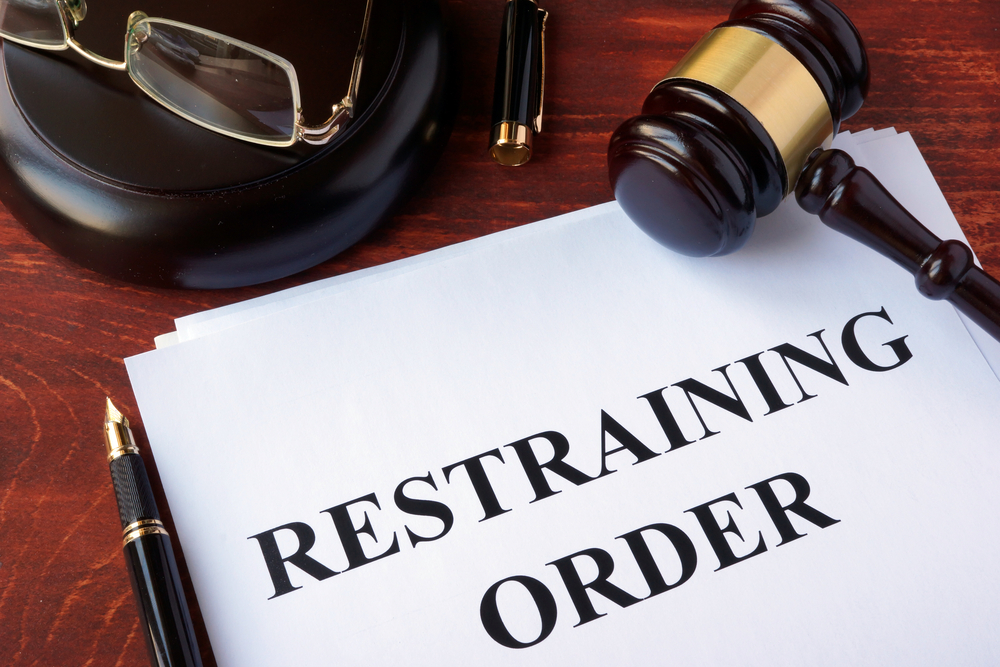Navigating the complexities of restraining orders can be a challenging and overwhelming process, especially when dealing with issues of safety and protection. In California, restraining orders are legal tools designed to provide individuals with protection from harassment, abuse, or threats from another party. Understanding the different types of restraining orders available and the legal procedures involved is crucial for those seeking legal protection in times of distress. In this blog post, we will provide a comprehensive guide to restraining orders in California to help shed light on this important legal aspect.

The Different Types of Restraining Orders
In California, there are various types of restraining orders, each serving specific purposes and providing different levels of protection. Understanding the nuances of these different types of restraining orders and their legal requirements is essential for victims.
- Domestic Violence: This restraining order is sought by an individual who has been subjected to abuse, threats, or harassment by a current or former intimate partner or family member. It aims to protect victims of domestic violence and their children from further harm, requiring the abuser to stay away from the victim and cease all forms of contact.
- Civil Harassment: This restraining order is used in cases where an individual is being harassed, stalked, or abused by someone who is not related to them. It provides protection against non-intimate partners, neighbors, acquaintances, or strangers who pose a threat to the victim’s safety or well-being.
- Elder Abuse: This is designed to protect elderly individuals (65 or older) or dependent adults from abuse, neglect, financial exploitation, or any form of mistreatment. It is crucial in safeguarding vulnerable older adults from harm and ensuring their safety and well-being.
- Workplace Violence: This restraining order is sought in cases where an individual poses a threat or danger to others in a work environment. It protects employees, employers, or other personnel from potential acts of violence, harassment, or intimidation in the workplace.
- Gun Violence: A gun violence restraining order is issued when law enforcement has reason to believe that an individual poses a risk of harming themselves or others with a firearm. This legal measure restricts the individual from purchasing or possessing a gun for a specified period. However, it does not have the authority to mandate the individual to stay away from someone.
- School Violence: This restraining order protects students, teachers, or school staff from threats, harassment, or violence within an educational setting.
Related: “4 Benefits of Getting a Restraining Order”

Conclusion
When faced with the need for a restraining order in California, it is crucial to seek legal guidance and support from experienced professionals who can navigate the legal system effectively. At Family Law Richard E. Young & Associates in Lake Forest, CA, our team of dedicated attorneys specializes in family law matters, including restraining orders and legal protections. Visit our website at richardeyoungattorney.net or call us at (949) 951-9529 to schedule a consultation and explore your legal options. Let us help you understand your rights and guide you through the process of obtaining the legal protection you need.



